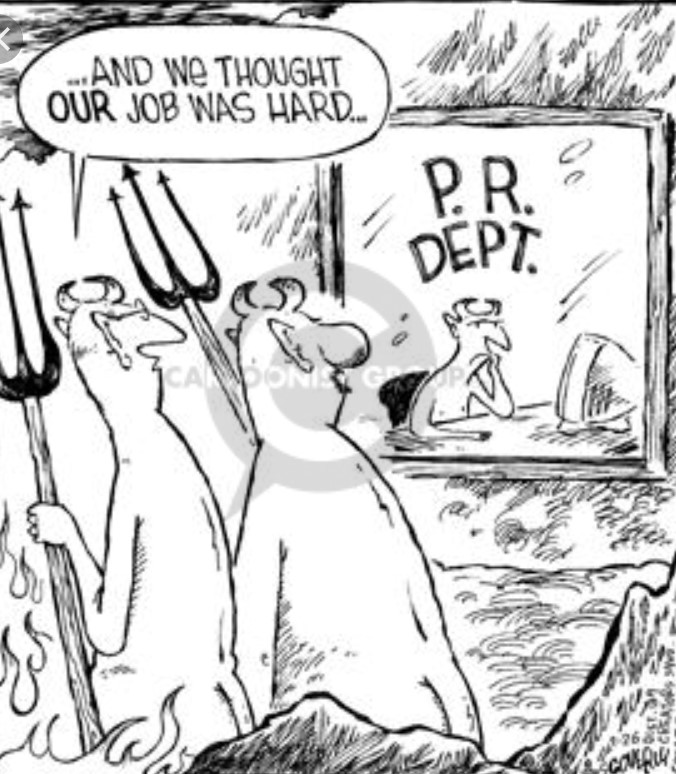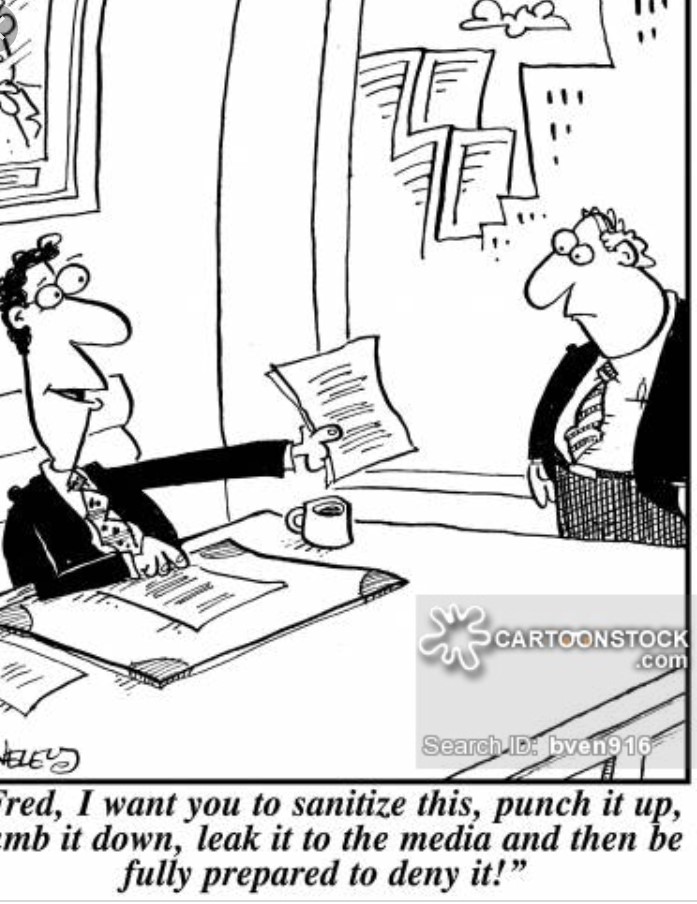Before heading back to uni in September I had to choose which modules I would like to undertake as part of my final year degree. The choice was between; Communication and Organisation or Critical Perspectives of PR. Being a Communication, Advertising and Marketing student made me think the communication module would go more in line with the title of my degree. However, aware of the fact that in previous years I found the communication modules to be lifeless and a bit ‘dull’, I opted for the PR module and quite frankly, I’m so glad I did.
If you had asked me at the beginning of the semester, ‘whats PR?’ I would have responded with some sort of amateur answer like ‘free advertising’. But with a little more milage under my belt it’s clear to say, that’s certainly not the case.

At the start of the semester I was a bit overwhelmed, the lectures seemed to be made up of a string of riddles and the weekly readings left my head in a ‘spin’ and I was starting to rethinking my choice of a module in PR. However, I found that, after the weekly seminar, if I re-read the reading, it all made a little bit more sense. Sometimes it just takes you to look twice at something to comprehend what it’s trying to say.

As the weeks rolled in, the lectures and seminars left me with many questions and wondering what was actually said but, I started to realise that this was the aim and therefore got me thinking about what the lecture meant and forming my own opinions.
The more I came to terms with PR, the more I found the classes fulfilling. PR is endlessly interesting due to it’s highly creative nature. It allow you to express your own opinion about what you believe to be right and wrong. With creativity and writing being such fundamental players in PR; it’s so satisfying when you finally think you’ve ‘hit the nail on the head’ with a creative idea to fit the job at hand. With consumers responding to emotions more than sales pitches now more than ever before and storytelling being a vital component of PR today, how could it be boring?
Throughout the module I have realised the importance of PR in business. In order for businesses to compete, constant human interaction and communication are central functions. We live in a world where it’s easier to criticise now more than ever, with social media and the internet we can ruin reputations with the click of a button. Failing to acknowledge PR can increase the risk of the public assuming the worst if something does go wrong and ultimately, destroying the reputation of the business. Having a PR employee will mean that you can combat these risks and divert public attention, saving the name of the business before things get out of hand. With consumers expectations on the rise along with ease of criticism, PR is an essential part of success today.
PR is a mix of everything and definitely not a ‘one-size-fits-all’ subject. PR involves writing, pitching, researching and strategising which means you’ll rarely be doing the same thing for too long. Being such a broad subject helps to keep up the momentum and excitement, keeping you on your toes. One minute you’re writing a press release and the next working on promoting a product; so being able to adapt quickly is a must! Being such a fast-paced industry that is constantly changing and evolving, it’s great for those who like a variety and get bored easily.

PR is an excellent skill to have and in many ways is totally invaluable. The world is not decreasing in problems anytime soon, only increasing so there will never be a shortage of PR jobs. It’s true that people usually do not get employed solely based on what they have learnt, but often on what it is they can add to the future of a company and PR gives you the ability to add value to any business.
Jessica Patterson is a final year BSc in Communication, Advertising & Marketing student at Ulster University. She can be found on Twitter: @JessPatterson16 / LinkedIn: https://www.linkedin.com/in/jessica-patterson-79a755113/